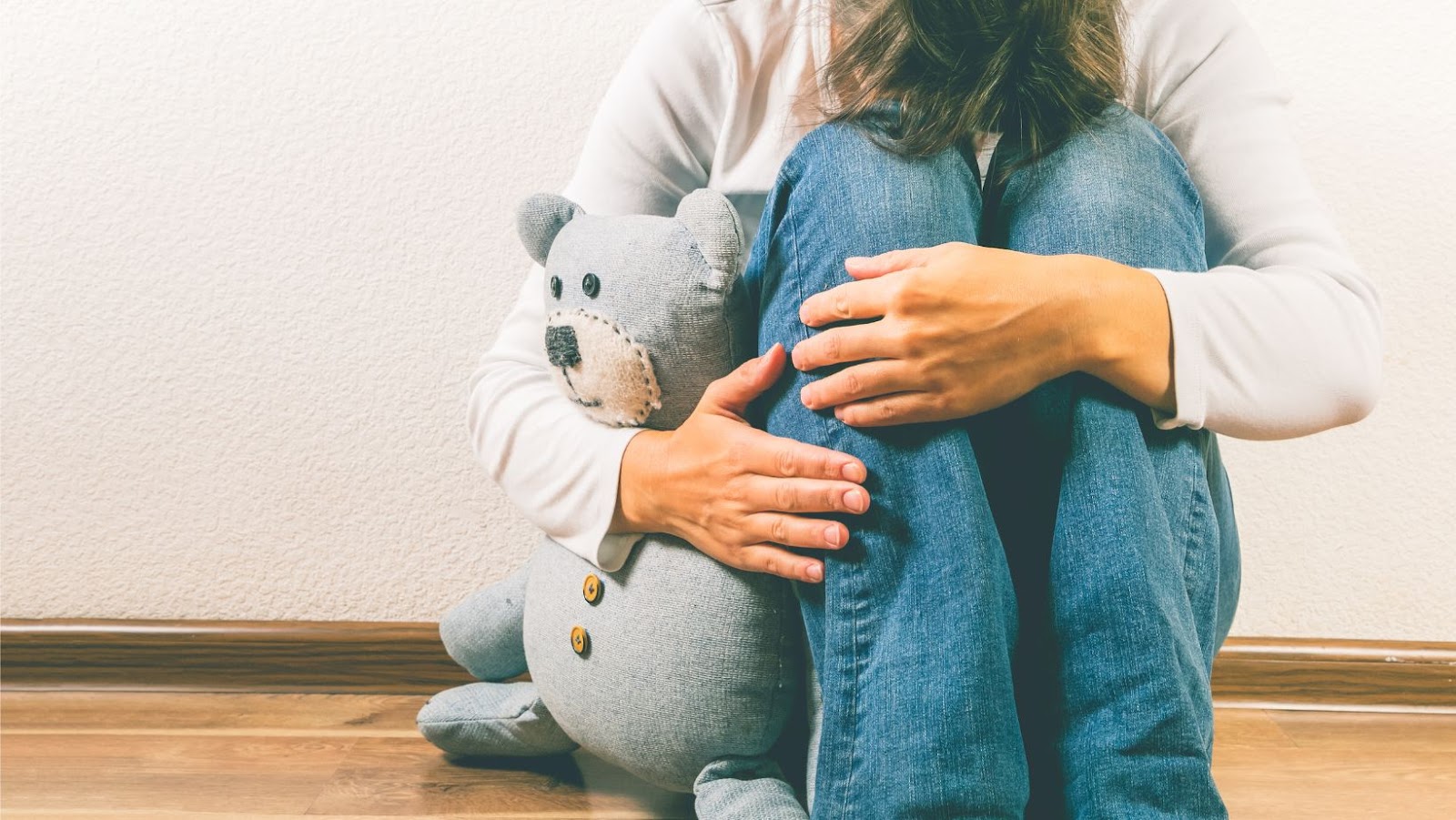Last Updated on October 24, 2022 by pm_author_91ksj
A spontaneous miscarriage can be heartbreaking and emotionally devastating, especially if it’s the first time you’ve experienced one. It’s important to remember that the time it takes to mourn a miscarriage can differ for everyone and depend on various factors. Including how long you were pregnant before your miscarriage occurred, how far along you were in your pregnancy, and whether this was an isolated incident or part of a pattern with other pregnancies. This article addresses the question of how long it takes to mourn a miscarriage to better gauge how long to take before looking at other options.
Going Back To Work
It’sIt’s important to know that it takes different people different amounts of time to recover from a miscarriage. This is due, in part, because each person’s psychological and physical needs are different. If you’ve experienced a miscarriage, take the time needed to heal, and don’t rush yourself back into your everyday life too soon. Depending on your situation, you may need more or less time than other people.
Wanting Another Baby
I know it’s hard when you can’t have another baby, and I’m sorry for your loss. If you want another child, I think it would be beneficial to start trying again as soon as possible. Your body will need time and space to recover, but the grieving process will eventually end.

Be patient and allow yourself time to heal before considering another pregnancy. Gifts for someone who has had a miscarriage also are very helpful between spouses as a means to show support and comfort each other so don’t be afraid to talk about it and gift each other meaningful gifts in hopes to keep your bond and your love strong.
Enduring The Guilt
To heal from this loss, you must allow yourself time without judgment. It is not possible to pinpoint how long it takes for someone to mourn a miscarriage. You can first talk with your doctor and let them know the extent of your loss. They may be able to refer you to someone who can help you through the grieving process. You need to find out what is best for you, so start taking it one day at a time. Even if it has been months since the pregnancy ended, there will still be days when you feel depressed and want to cry. That’s okay; remember that these emotions are normal, even though they may be overwhelming sometimes.
Dealing With Doubt About Fertility
One of the most common thoughts people have when they cannot conceive is, “What’s wrong with me?” There are many possible reasons for infertility, so don’t blame yourself. You may need more medical testing or some lifestyle changes to get pregnant. Moreover, there are some advanced treatment procedures such as IVF with donor eggs or artificial insemination that can increase your chances of fertility. Whatever the case may be, try not to lose hope! It can be difficult to deal with the emotional rollercoaster of trying and not succeeding, especially if you’ve been trying for years.
Getting Pregnant Again
It can take anywhere from three months to one year for a woman to become pregnant again following a miscarriage. The length of time it takes will vary depending on the reason for the miscarriage, how far along in the pregnancy the woman was when she miscarried, and other factors.
The best way to find out how long it will take someone is by talking with their doctor or healthcare provider. A healthcare provider will be able to provide an accurate timeframe based on those factors listed above that are specific to each situation.
The Heartbreak of Labor and Delivery
Labor and delivery are usually the first time parents can get that up-close view of their child. While it may not be the most beautiful experience, it is undoubtedly one of the most fulfilling. But what about those parents who have had miscarriages? What does labor and delivery look like for them, and how long does it take for them to mourn the loss of their baby?

The answer varies from person to person. Some people will take years before getting pregnant again, while others will move on immediately. For some couples, trying again right away is healing because they want to do anything to experience pregnancy and childbirth again as soon as possible.
What Happens If Things Go Wrong Again?
If you have a history of miscarriages, there’s no way to predict whether or not it will happen again. You might be able to lower the odds by changing your lifestyle. For instance, losing weight might improve your chances of carrying a baby through pregnancy if you’re overweight.
Mourning the loss of your child is a necessary process and should be done in whatever way feels right for you. Whether it is taking time away from work or reaching out to other parents who have experienced the same, take care of yourself and remember that you are not alone.



